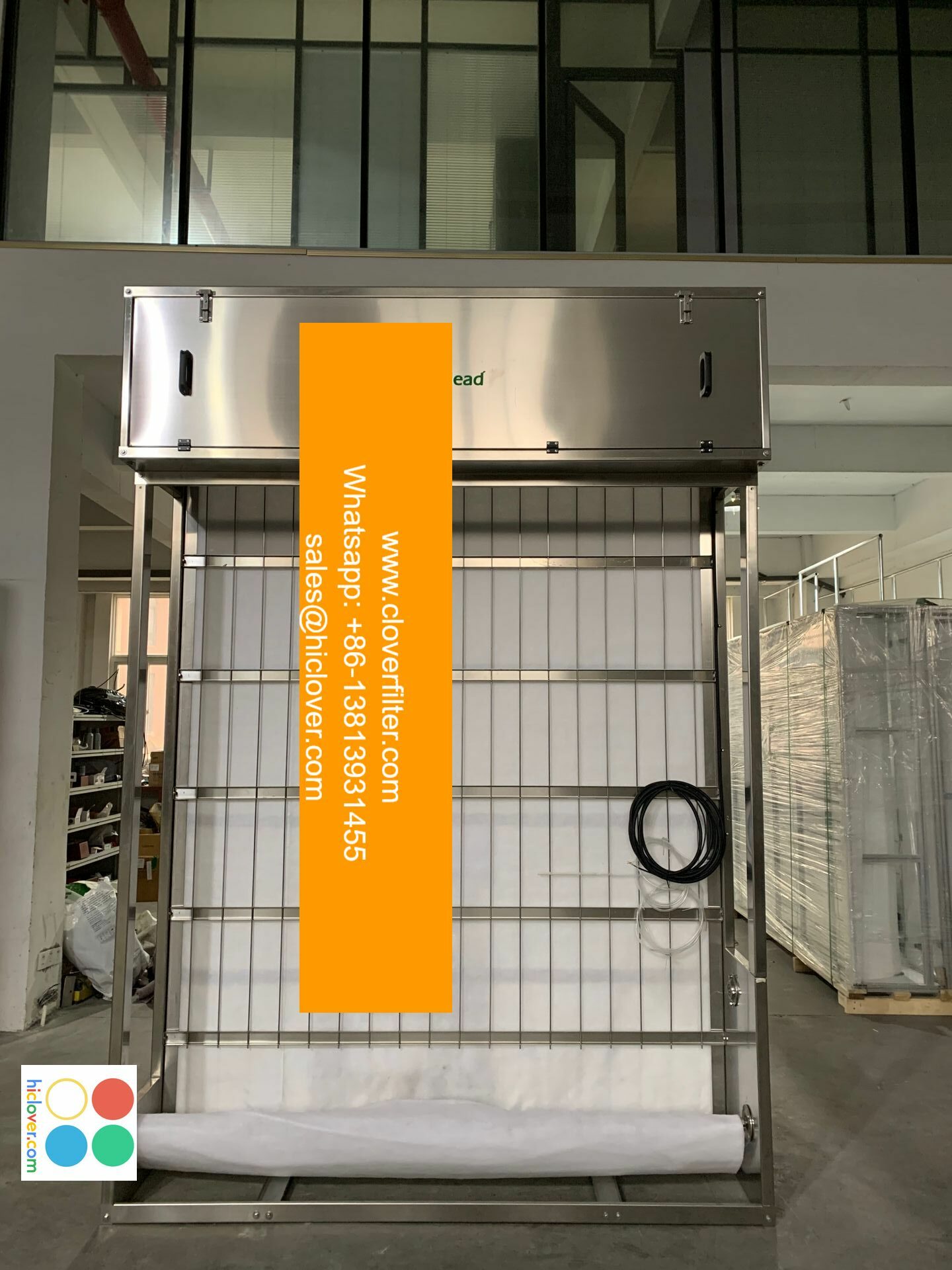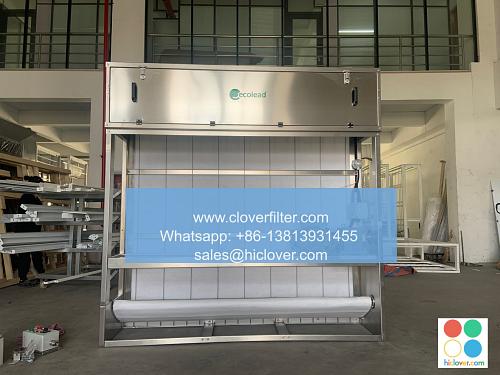Air Filter’s Policy on Biometric Data: What’s at Stake?

As we continue to navigate the complexities of the digital age, concerns over data privacy and security are becoming increasingly prominent. One area that has garnered significant attention in recent years is the collection and use of biometric data, particularly in the context of air filter systems. In this article, we will delve into the world of biometric data collection and explore the implications of Air Filter’s policy on this sensitive information.
What is Biometric Data?
Biometric data refers to the unique physical and behavioral characteristics that can be used to identify an individual. This can include facial recognition, fingerprint scanning, voice recognition, and even keystroke patterns. In the context of air filter systems, biometric data may be collected to monitor and optimize indoor air quality and energy efficiency.
Air Filter’s Policy on Biometric Data
Air Filter’s policy on biometric data is centered around the collection, storage, and use of this sensitive information. According to the company, biometric data is collected solely for the purpose of improving air quality and reducing energy consumption. However, this data is also shared with third-party vendors and research institutions to further develop and refine air filter technologies.
Key Concerns and Implications
The collection and use of biometric data by Air Filter raises several key concerns and implications, including:
* Privacy risks: The collection and storage of biometric data poses significant risks to individual privacy and security.
* Data breach: The sharing of biometric data with third-party vendors and research institutions increases the risk of data breaches and cyber attacks.
* Regulatory compliance: Air Filter’s policy on biometric data must comply with relevant regulations and laws, such as the General Data Protection Regulation (GDPR) and the California Consumer Privacy Act (CCPA).
Applications and Benefits of Biometric Data in Air Filter Systems
Despite the concerns surrounding biometric data, there are several applications and benefits to its use in air filter systems, including:
* Personalized air quality management: Biometric data can be used to create personalized air quality profiles and recommendations for individuals.
* Energy efficiency optimization: Biometric data can be used to optimize energy consumption and reduce waste in air filter systems.
* Improved indoor air quality: Biometric data can be used to monitor and improve indoor air quality, reducing the risks associated with air pollution and respiratory diseases.
Future Directions and Recommendations
As the use of biometric data in air filter systems continues to evolve, it is essential to prioritize transparency, accountability, and security in the collection, storage, and use of this sensitive information. Recommendations for Air Filter and other companies in the industry include:
* Implementing robust data protection measures to prevent data breaches and cyber attacks.
* Providing clear and transparent disclosures about the collection and use of biometric data.
* Establishing strong regulatory compliance frameworks to ensure adherence to relevant regulations and laws.
By prioritizing data privacy and security in the collection and use of biometric data, Air Filter and other companies can ensure the safe and responsible development of air filter technologies that benefit both individuals and the environment. Prompt

